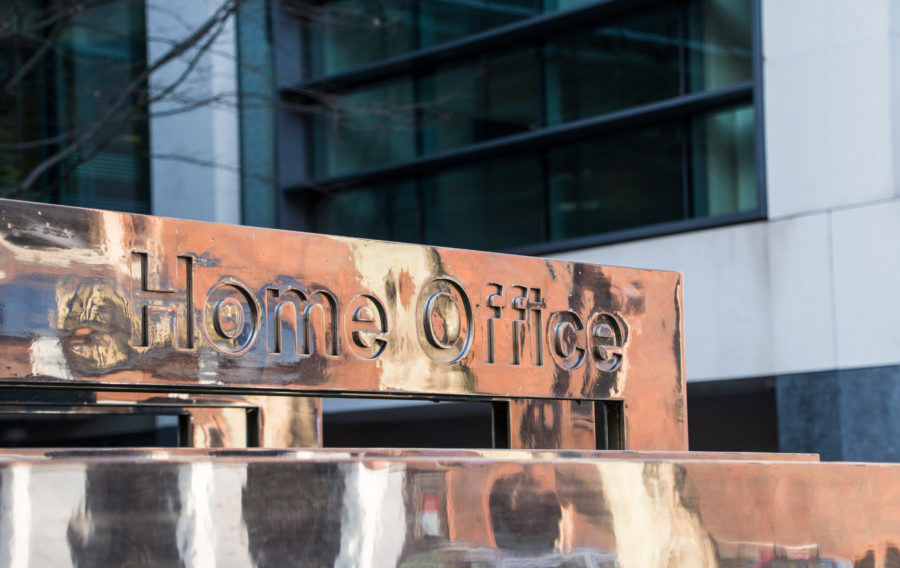
The police are to be given new powers to tackle hostile state activity as the Counter-Terrorism and Border Security Act becomes law.
In June 2017, the Prime Minister announced a review of the government’s approach to counter-terrorism to ensure that it was working as effectively as possible. It resulted in the government’s updated counter-terrorism strategy, CONTEST, which was published in June 2018.
The act updates and closes gaps in existing counter-terrorism legislation to ensure that it is fit for the digital age and reflect contemporary patterns of radicalisation.
It also ensures sentencing for certain terrorism offences can properly reflect the severity of the crimes, as well as preventing re-offending and disrupting terrorist activity more rapidly.
In addition, the act updates existing counter-terrorism legislation to reflect the digital age including the way in which people view content online. It also reflects the speed at which terrorism plots develop.
The main provisions included in the act are:
- a new power to stop, question, search and detain an individual at a port or border area to determine whether they are, or have been, involved in hostile state activity
- creating an offence of entering or remaining in an area outside the United Kingdom that has been designated by the Home Secretary if it is necessary for protecting the public from terrorism
- updating the offence of obtaining information likely to be useful to a terrorist to cover material that is only viewed or streamed, rather than downloaded to form a permanent record
- an increase to the maximum penalty for certain preparatory terrorism offences to 15 years’ imprisonment
- extending the offence of inviting support for a proscribed organisation
- a requirement for terrorist offenders to provide additional information to the police in line with what registered sex offenders must provide
- establishing an independent review of Prevent, the government’s strategy for supporting those vulnerable to radicalisation
Home Secretary, Sajid Javid, said: “Terrorists and hostile states pose a persistent threat to our national security, with the 2017 atrocities and Russia’s use of chemical weapons on our soil highlighting the dangers we face.
“Keeping people safe is my number one job and this important piece of legislation will help do that. The Counter-Terrorism and Border Security Act gives the police the powers they need to disrupt plots and punish those who seek to do us harm.”
Image © Willy Barton / Shutterstock.com
If you would like to join our community and read more articles like this then please click here
CONTEST Counter-Terrorism and Border Security Act Home Office







